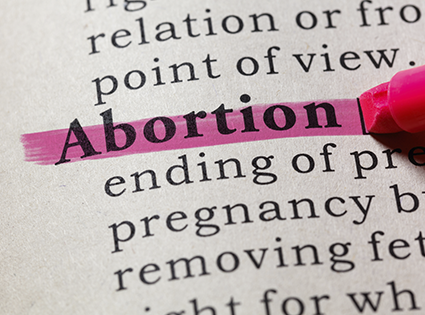Following pressure by Dunleavy administration, Walgreens won’t distribute abortion pill
When pharmacy chain Walgreens starts distributing the abortion pill Mifepristone, it won’t be doing so in Alaska despite abortion being a right protected in the Alaska Constitution.
That’s because Walgreens is bowing to pressure from a collection of Republican attorneys general—including Alaska Attorney General Treg Taylor—that threatened legal action if the company began distributing the drug in their states. In a letter reported on by Politico, the company notified the participating attorneys general that it won’t be dispensing the pills from from or shipping them into any of those states. “Walgreens is not currently dispensing Mifepristone in any of its locations. As you know, to become certified by the FDA, participating pharmacies must satisfy a range of safety and risk mitigation requirements to dispense this drug. At this time, we are working through the certification process, which includes the evaluation of our pharmacy network to determine where we will dispense Mifepristone and training protocols and updates for our pharmacists,” explained one letter posted in the Politico article. “Walgreens does not intend to dispense Mifepristone within your state and does not intend to ship Mifepristone into your state from any of our pharmacies. If this approach changes, we will be sure to notify you.” In his annual state of the state address, Republican Gov. Dunleavy ended his speech with a call to make Alaska “the most pro-life state in the entire country.” Outlawing abortion in Alaska would require a change to the state’s constitution that takes a super-majority of both legislative chambers as well as a public vote. That’s unlikely to happen, but the Dunleavy administration clearly has found other ways to attack abortion rights in the state. Alaska is also party to a lawsuit before a Texas judge that seeks to overturn Food and Drug Administration approval for Mifepristone altogether, an effort of anti-abortion administrations to deny access to one of the most used forms for ending a pregnancy even in states, like Alaska, where abortion remains legal after the overturning of Roe v. Wade. As for that Texas case, abortion providers in Alaska worry that it will have a particularly harsh impact on Alaskans living in rural and remote locations where there’s limited access to clinics that perform the procedure. About 1,200 to 1,300 people seek abortions in Alaska each year, with about half choosing the abortion pill over a clinical one. “Mifepristone is safe. It’s effective. It has been used by more than 4 million people since the FDA approved it more than 20 years ago,” Rose O’Hara Jolley, the director of Planned Parenthood Alliance Advocates in Alaska, told KTOO/KDLG. “So this case is baseless. There is no reason from a science standpoint, from a health care standpoint. It is simply about restricting access to abortion, even in states where abortion is legal.” Matt Buxton is a long-time political reporter who has written for the Fairbanks Daily News-Miner and The Midnight Sun political blog. He also authors the daily politics newsletter, The Alaska Memo, and can frequently be found live-tweeting public meetings on Twitter: @mattbuxton. |
